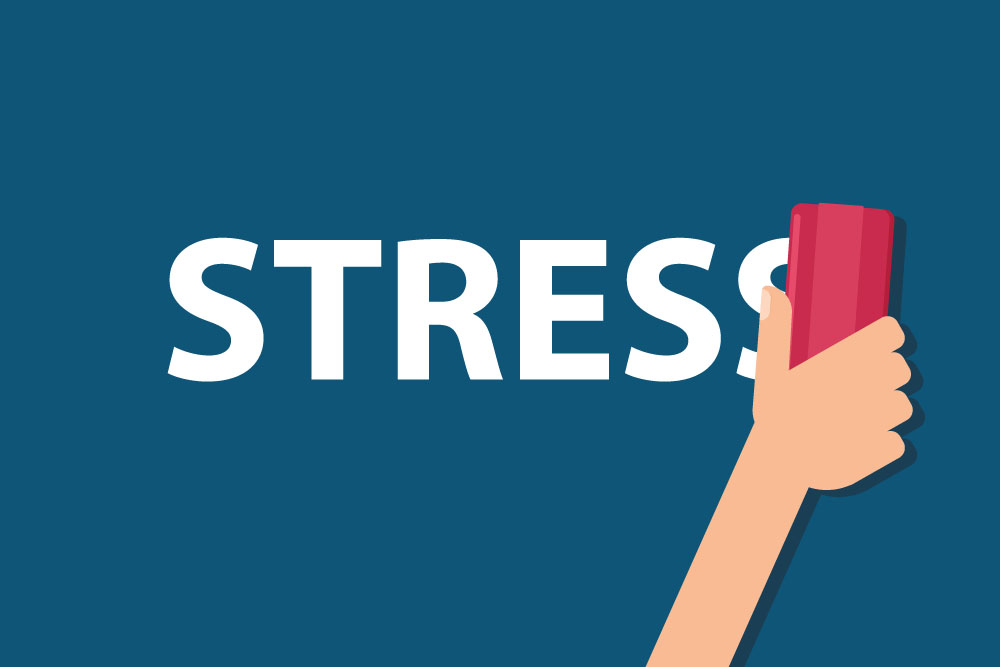April is stress awareness month and given that we have been living with a pandemic for the last year, people are more stressed than ever. If you are stressed here are some steps you can take to help cope with those stressors.
Exercise
Exercise increases your overall health and your sense of well-being. While sometimes when exercising it feels like a punishment, you will find that you feel better and you’ll have more which puts more pep in your step. Exercise also has some direct stress-busting benefits because it pumps up your endorphins, which are also known as feel-good neurotransmitters!
Get some fresh air
Fresh air has been shown to help digest food more effectively, improve blood pressure and heart rate. Fresh air also strengthens the immune system and reduces obesity, all leading to a healthier you! Get out and take a walk in the fresh air or at least sit outside and read a book or do any other activity that brings you joy.
Eat healthy and avoid unhealthy habits
“Eating a healthy diet can reduce the negative effects of stress on your body,” said Matthew J. Kuchan, Ph. D., a senior research scientist at Abbott. “A healthy diet builds a solid, more enduring foundation for your body by reducing oxidation and inflammation and by helping to reduce weight gain.” It also would help to avoid unhealthy habits
Organize
Sometime stress is caused just from all the chaos. If the chaos of life is stressing you out then it’s time to get organized. While organizing your life can be a daunting task, once you are organized your stress will be so much better in the long-run. Don’t try to do more than what one person can do. Remember, part of organizing is delegating!
Breathe, Meditate, Yoga
Breathing exercises can help you relax, because they make your body feel like it does when you are already relaxed. Deep breathing is one of the best ways to lower stress, this is because when you breathe deeply, it sends a message to your brain to calm down and relax. Meditation and yoga are excellent ways to help you learn how to breathe in a relaxing way.
Sleep
Adults who sleep fewer than eight hours a night report higher stress levels than those who sleep at least eight hours a night. A good night sleep can give your body and brain the opportunity to fully recharge and reset so it can be ready to take on the day.
Laugh more
A good laugh has great short-term effects. When you start to laugh, it doesn’t just lighten your load mentally, it actually induces physical changes in your body. Laughter can soothe tension by stimulating circulation and aid muscle relaxation. Most importantly laughing just makes you happy and helps you feel better.
Connect with others
Feelings of trust, safety, and comfort lower the body’s stress-related responses and in turn improve heart health. When we feel connected to another person, our bodies respond in ways that help us feel calmer. If you are feeling stressed, find someone to confide in. Sometimes just talking about your problems can make you feel better and when you are really lucky they can help you find solutions to your stressors.
Seek Therapy
Therapy can help change negative thought patterns that develop because of stress. A trained therapist can help you learn to cope with your stressors, as well as just be there to listen to you. Therapy is especially effective if you feel like you don’t have someone in your life that you can really open up to or if you have major stressors going on in your life, or in your past.
Embrace Artistic Interests
Studies have shown that participating in music and art can help people manage stress and give people a way to express their feelings. You don’t have to be good at art, but if you enjoy painting or drawing then find a quiet place just to do art.

